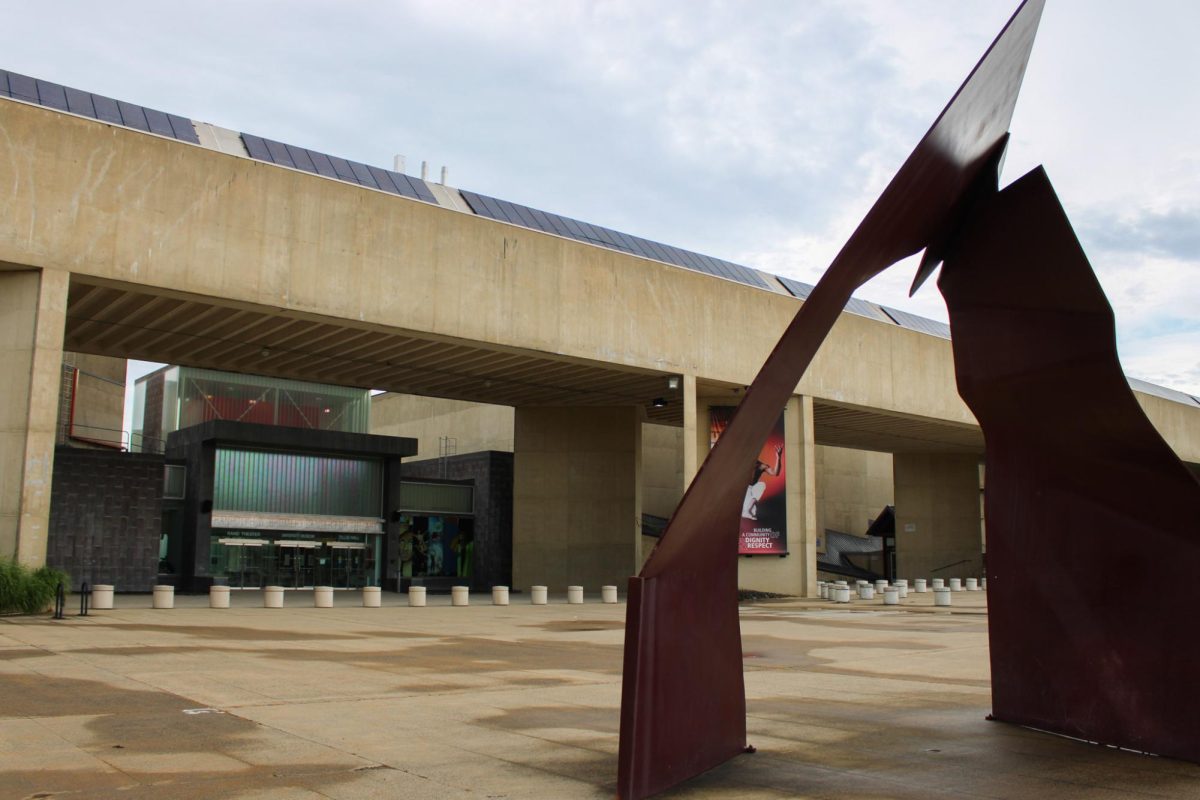
When Chinese President Hu Jintao visited the White House last week, First Lady Michelle Obama took the opportunity to advocate for the new “100,000 Strong Initiative.”
Announced by President Barack Obama in 2009, the initiative seeks to increase greatly the number of American students studying abroad in China by 2014. Obama and President Hu discussed the importance of cooperation and friendship between the United States and China, while the First Lady brought up a concrete way to improve relations.
Mrs. Obama stated that she believes the key to national success is about working “with them to make our world stronger. It’s about the friendships you make, the bonds of trust you establish, and the image of America that you project to the rest of the world.”
Wendy Simone-Pearson, a University of Massachusetts student currently abroad in China, was motivated by a desire to make such bonds.
“I realized how important it is to understand China in order to really comprehend what is going on in the world…part of normalizing relationships between societies is demonstrating respect through the study and use of the language,” said Simone-Pearson.
The administration is relying mostly on private sector funding for the initiative. Mrs. Obama announced $2.25 million had already been raised from companies such as Caterpillar, Inc. and Citigroup.
However, according to Forum on Education Abroad president Brian J. Whalen “the success of this program depends not only on the amount of private funding that is raised, but also on how it is going to be allocated.”
He also pointed to “new education abroad programs, the expansion of existing partnerships and programs, the development of Mandarin language courses, and the training of personnel to develop and manage education abroad programs in China” as important causes to which money should be allocated.
Recently, Secretary of State Hilary Clinton gained support for the initiative by sending letters asking various colleges and universities across the nation to support the initiative. In response, 324 institutions pledged to double the number of their students who study abroad in China in the next four years. But this commitment requires an expansion in Chinese curriculum across subjects such as language, culture, literature, history and economics.
The initiative concentrates on providing minority and community college students with the opportunity to travel, which would also require great expansion of small or nonexistent Chinese programs at the community college level.
However, the Chinese program at the University of Massachusetts gives hope to the goal. Chinese courses such as those covering the Mandarin language have seen increases in enrollment over the years. The program continues to gain resources, including improvements to its tutoring center. The International Programs Office has also experienced increased interest from students wanting to study abroad.
Mrs. Obama emphasized the importance of “sharing your stories and letting them share theirs, by taking the time to get past the stereotypes and misperceptions that too often divide us.”
Melanie Keyes, a junior at UMass, experienced the breaking of some common American misperceptions when she studied abroad in China last year.
“One stereotype that I think prevails is that China is all city and pollution,” she said. “I’ll admit that there are areas where pollution is really bad and more could be done about it, but the bluest sky I have ever seen was while we were in Zhoushan. Much of China is still very rural and developing.”
“It is thrilling to hear the First Lady speak about study abroad and support its importance for students and for our nation,” added Whalen.
Strengthening relations with China not only requires political agreements but relationships between members of each nation. It could potentially be a large task to get past language and cultural divisions, but the hard work appears worthwhile.
Keyes described the relationships that came out of her trip as “family.” She recalled that her group would “cook and eat dinner together, play majiang, watch movies, relax on the banks of the West Lake, and go out on the weekend.”
In addition, they “would have conversations late at night about different tourist attractions in China and America, our families, and our college experiences.”
Melanie and her group still keep in touch and “are trying to convince [their] Chinese counterparts to come visit or attend grad school in the U.S.”
Kara Clifford can be reached at [email protected].






